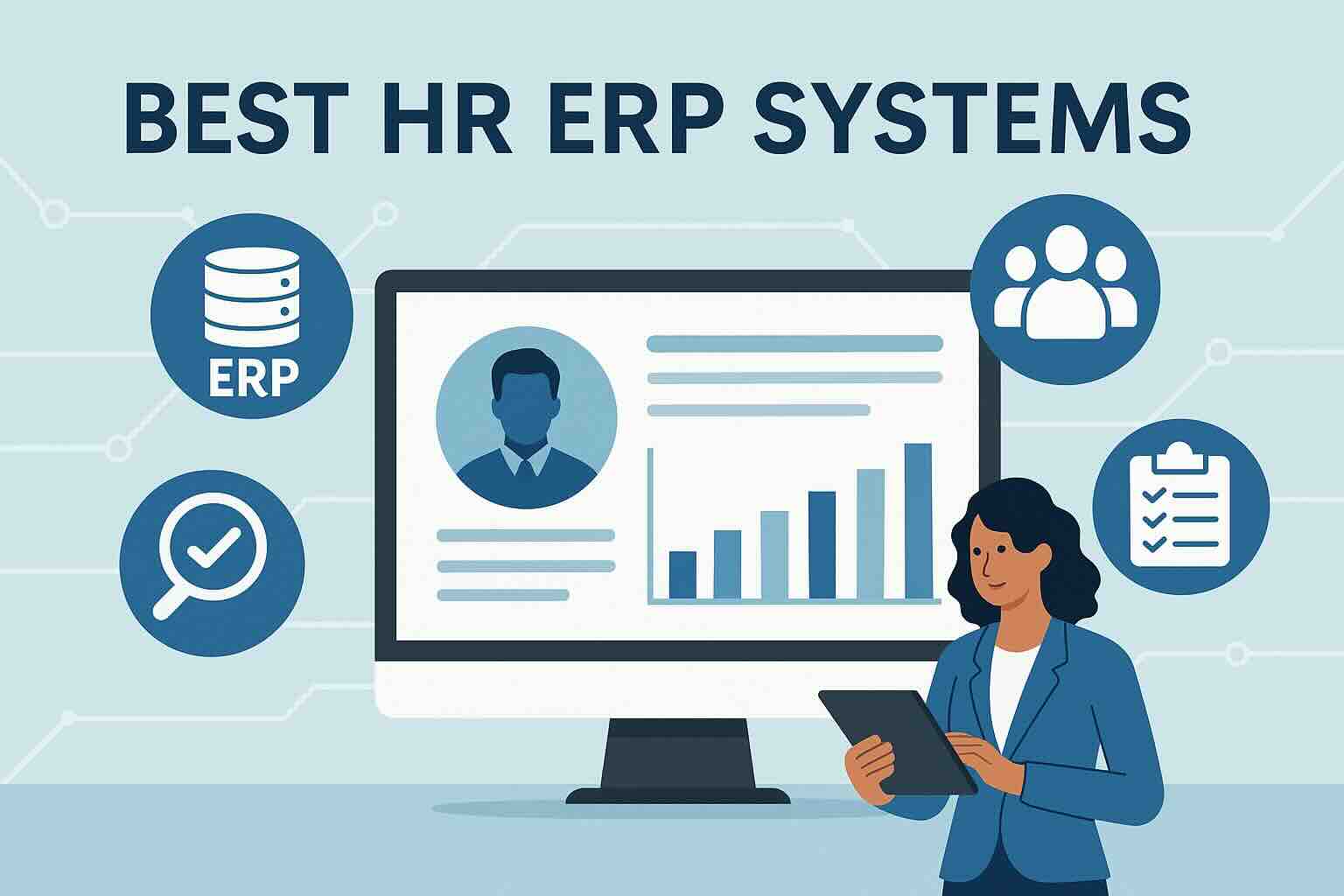Is Unit4 the Best ERP for Construction and Engineering Companies?

Enterprise Resource Planning (ERP) systems have become essential tools for businesses in various industries, providing a unified solution to manage processes like accounting, human resources, procurement, and project management. For construction and engineering companies, selecting the right ERP system is particularly critical due to the complex nature of projects, budgets, and timelines. Unit4, a prominent player in the ERP landscape, offers solutions tailored to various sectors, including construction and engineering. But is Unit4 the best ERP for construction and engineering companies? In this article, we will explore Unit4’s features, how it stacks up against competitors, and whether it’s the right choice for your business.
Why Construction and Engineering Companies Need a Specialized ERP
Construction and engineering companies face unique challenges compared to other industries. They handle numerous large-scale projects that often run simultaneously, each with its own timeline, budget, and resource requirements. Managing these efficiently demands a high level of coordination and real-time information access. Some key ERP needs for this industry include:
- Project management: Seamless handling of project timelines, resources, and collaboration between teams.
- Financial management: Accurate cost tracking, budgeting, and profitability analysis.
- Supply chain management: Monitoring materials, vendors, and subcontractors to avoid delays.
- Human capital management: Efficient allocation of workforce across multiple projects.
- Compliance and safety regulations: Meeting industry standards and maintaining proper documentation.
The right ERP system integrates all of these areas into one platform, providing real-time visibility and control. But not all ERPs offer the same level of specialization. Let’s see how Unit4 fits in.
Key Features of Unit4 for Construction and Engineering Companies
Unit4 positions itself as a people-centric ERP solution, which is especially relevant for industries like construction and engineering where workforce management and collaboration are crucial. Here’s a look at some key features that make Unit4 an attractive option:
1. Project-Centric Approach
One of Unit4’s strongest selling points is its project-based orientation. Construction and engineering firms typically work on a project basis, with unique timelines, budgets, and resource requirements for each one. Unit4 offers a comprehensive project management suite that integrates financials, human resources, and supply chain data in real-time. This allows for accurate project planning, execution, and post-project analysis, ensuring that all aspects of the project are managed in one place.
2. Advanced Financial Management
Construction projects often require precise financial management due to the complexity of cost estimates, billing, and resource allocation. Unit4’s financial management capabilities allow for detailed cost tracking, real-time budget monitoring, and resource allocation. This helps firms stay within budget and avoid costly overruns. The system’s support for multi-currency transactions and compliance with international accounting standards make it an excellent fit for companies operating across borders.
3. HR and Workforce Management
With Unit4’s human capital management (HCM) features, construction companies can better manage their workforce across multiple projects. The system offers tools for tracking employee time, skills, and availability, enabling managers to allocate resources effectively. For an industry that depends on a highly mobile and specialized workforce, these capabilities are crucial for ensuring that the right people are in the right place at the right time.
4. Automation and Flexibility
Construction and engineering projects can experience frequent changes in scope, which makes flexibility a vital ERP feature. Unit4 allows companies to quickly adapt project plans and budgets. The software also supports automation of repetitive tasks such as invoicing, payroll, and reporting, which reduces manual errors and frees up staff for more strategic work.
5. Cloud-Based and Mobile Access
With many construction teams working on-site or in different locations, mobility is essential. Unit4 offers cloud-based access, ensuring that all stakeholders, whether in the office or on the construction site, have access to real-time data. The system’s mobile functionality allows for updating progress reports, submitting timesheets, and accessing project data from anywhere, which improves communication and decision-making.
Comparison with Other ERP Solutions
While Unit4 offers a range of features suited for the construction and engineering sectors, it’s important to compare it with other major ERP systems in the market, such as SAP, Oracle, and Procore.
SAP ERP
SAP is known for its scalability and robustness, making it a popular choice for large construction companies. SAP offers a comprehensive suite of tools, including advanced financial and supply chain management, but it can be overly complex and expensive for small and medium-sized businesses. Additionally, SAP’s user interface is often cited as being less intuitive than Unit4’s, making it harder to implement and adopt quickly.
Oracle ERP
Oracle’s ERP solutions are similarly robust and offer specialized features for construction and engineering. Oracle excels in data analytics and predictive project management. However, like SAP, it is a heavyweight solution that may be overkill for companies not operating at an enterprise scale. The cost and complexity of Oracle’s ERP can be prohibitive for smaller firms, whereas Unit4 offers a more flexible and user-friendly experience.
Procore
Procore is an ERP solution designed specifically for the construction industry. Its tools are focused on project management, including budgeting, scheduling, and collaboration. However, Procore lacks some of the broader ERP functionality that Unit4 provides, such as advanced financial management and human resources features. While Procore may be a better fit for smaller companies with a narrower focus on project management, Unit4 offers a more comprehensive solution for businesses looking for an all-in-one ERP system.
Pros and Cons of Unit4 for Construction and Engineering Companies
Pros:
- Project-focused design aligns well with the construction and engineering sectors.
- Comprehensive financial management ensures accurate tracking of project costs and budgets.
- Strong workforce management capabilities help optimize the deployment of human resources.
- Flexibility and adaptability allow for quick changes to project scopes and budgets.
- Cloud and mobile access provide real-time data to all stakeholders.
Cons:
- Mid-sized focus: Unit4 may not offer the same scalability as Oracle or SAP for very large enterprises.
- Industry-specific features: While Unit4 is adaptable, it may not be as industry-specific as Procore for companies solely focused on construction.
Conclusion: Is Unit4 the Best ERP for Construction and Engineering?
Unit4 is a strong contender for construction and engineering companies, particularly those in the mid-market segment. Its project-centric design, combined with advanced financial and workforce management tools, makes it an excellent choice for firms looking for a comprehensive, adaptable solution. However, for very large enterprises or highly specialized construction companies, solutions like SAP, Oracle, or Procore may be more appropriate depending on their specific needs. Ultimately, the best ERP depends on the scale of your projects, the complexity of your operations, and the specific features you require.
For most construction and engineering firms looking for a well-rounded, flexible ERP, Unit4 offers an attractive balance of features, ease of use, and cost-effectiveness. To find out more about Unit4 click this link.
To compare Unit4 with 100s of other ERP solutions, you can use our new AI-powered Compare ERP tool. It’s free to use and you get a guaranteed discount on your first year’s licence fees with a referral from Compare ERP.









